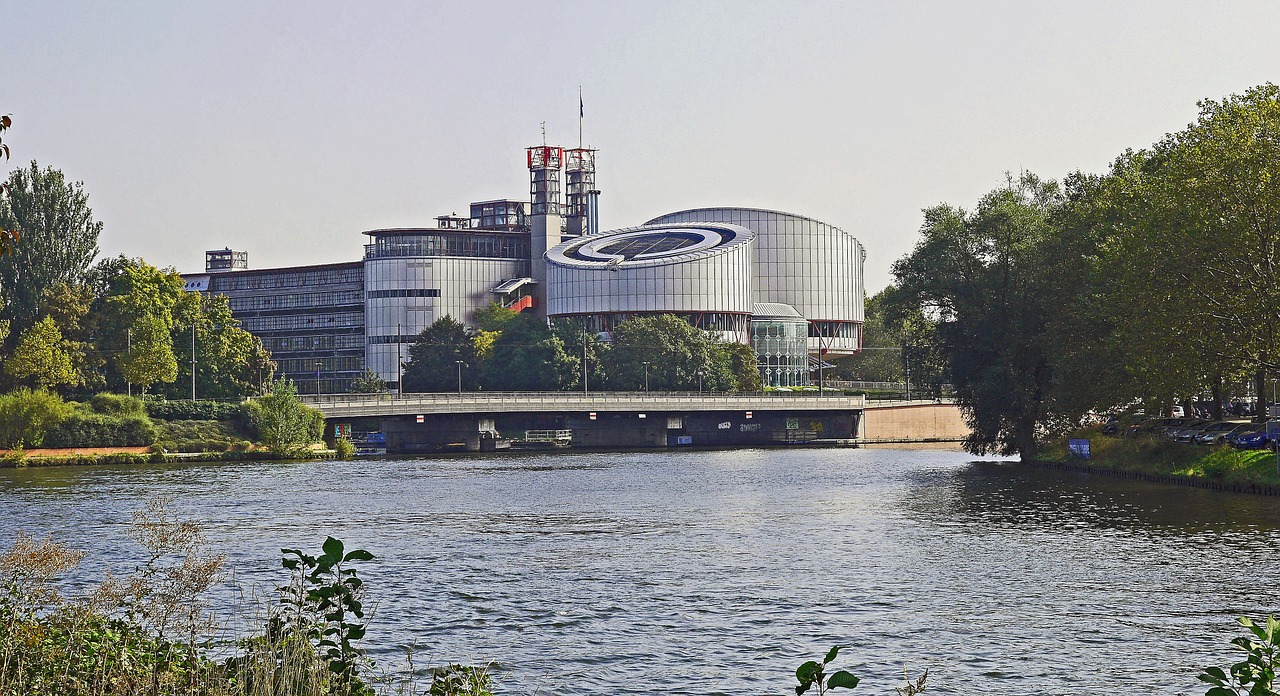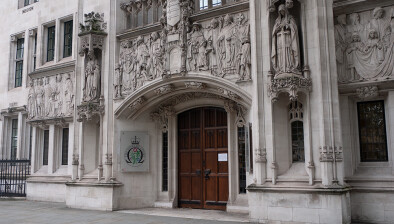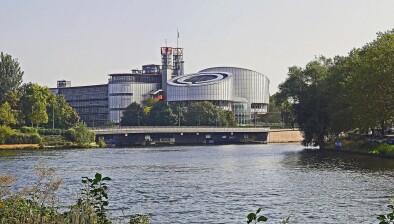ECtHR: Daily Mail forced to pay excessive ‘success fees’ after defamation and breach of privacy cases

The publisher of the Daily Mail and the Mail on Sunday was wrongly forced to pay excessive costs after losing privacy and defamation proceedings in the UK, the European Court of Human Rights (ECtHR) has ruled.
Associated Newspapers Limited suffered a violation of its rights under Article 10 (freedom of expression) of the European Convention on Human Rights, the Strasbourg court said in a judgment handed down last week.
The newspaper company was obliged to pay extensive costs incurred by claimants who had successfully sued it in privacy and/or defamation proceedings following articles it had published in print or online in 2017 and 2019.
Since one of the claimants had entered into a conditional fee arrangement (CFA) with his legal representative, and both had taken out “after-the-event” (ATE) insurance, the company was liable not only for their base costs, but also for fee uplifts including a “success fee” in the CFA and for their ATE insurance premiums.
In last week’s Chamber judgment, the European Court of Human Rights held unanimously that there had been a violation of Article 10 in relation to the “success fees”, but no violation in respect of the ATE insurance premiums.
The first set of proceedings had been brought by A.S., a Libyan businessman, after MailOnline named him as a suspect in the 2017 terrorist attack at the Manchester Arena.
The second had been brought by E.H., a clinical psychologist named in the Mail on Sunday and MailOnline in the context of a police investigation into historic child sex abuse known as “Operation Midland”.
In considering whether unsuccessful media defendants being liable for these additional costs was compatible with Article 10 ECHR, the court found that there was insufficient evidence to enable it to depart from its findings in MGN Limited v. the United Kingdom.
In that 2011 judgment, the court had found the CFA regime to be disproportionate to its original aim of ensuring the widest possible public access to legal services for civil litigation, including to people who would not otherwise be able to afford a lawyer.
It concluded that the CFA regime exceeded even the wide discretion accorded to the government in such matters.
In this case, the court concluded that the obligation on Associated Newspapers Limited to pay substantial costs including success fees to A.S. had also been disproportionate.
On the other hand, the court did not find that the requirement for the newspaper company to cover A.S.’s and E.H.’s ATE insurance premiums had been disproportionate.
As a Libyan refugee who had lost his employment, there was nothing to show that A.S. could have paid the applicant company’s costs if his claim had been unsuccessful.
Similarly, E.H., a clinical psychologist, would probably not have been in a position to pay the media company’s costs.
In contrast, Associated Newspapers Limited was the publisher of a leading daily newspaper which could be expected to have insurance against such litigation.
The court reserved decision on damages pending further submissions from the parties.
The UK was in the meantime ordered to pay €15,000 to Associated Newspapers Limited in respect of costs and expenses.








